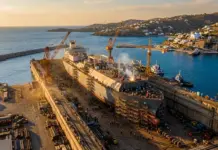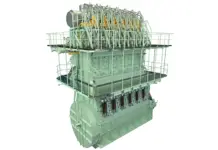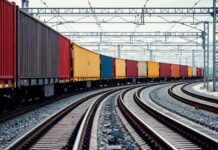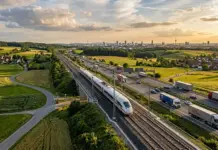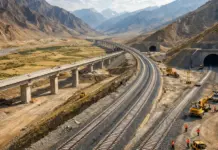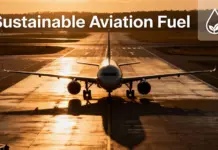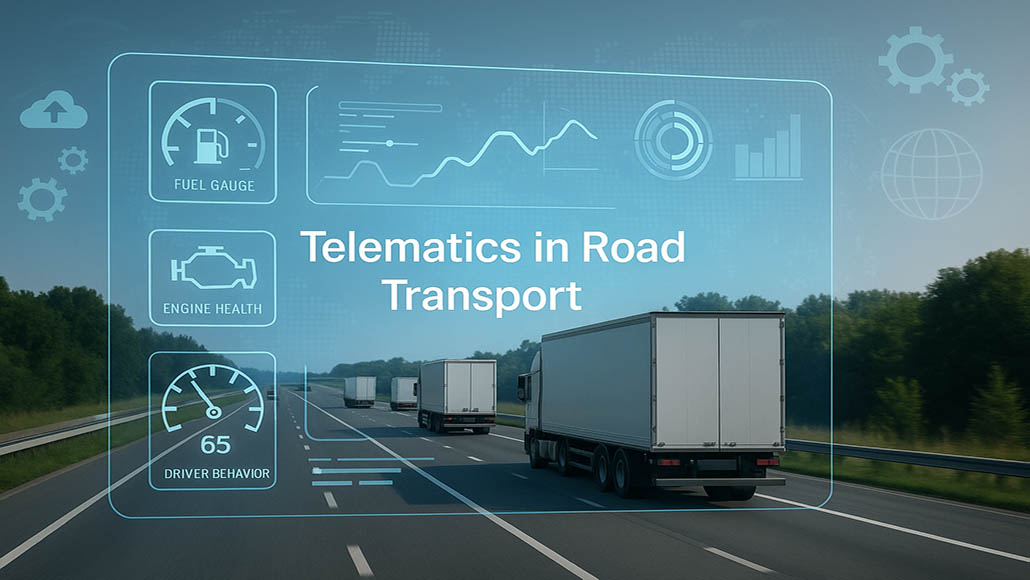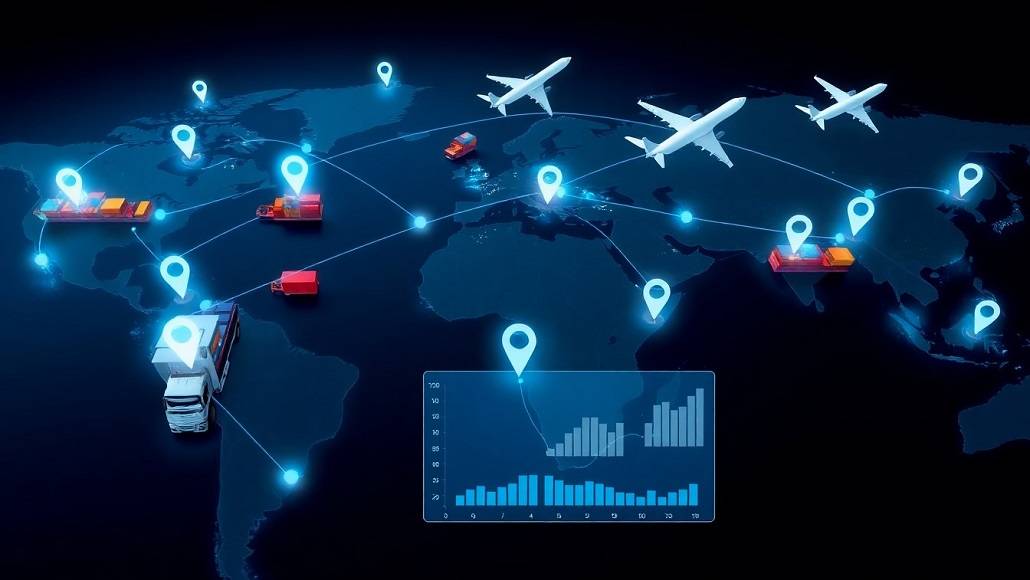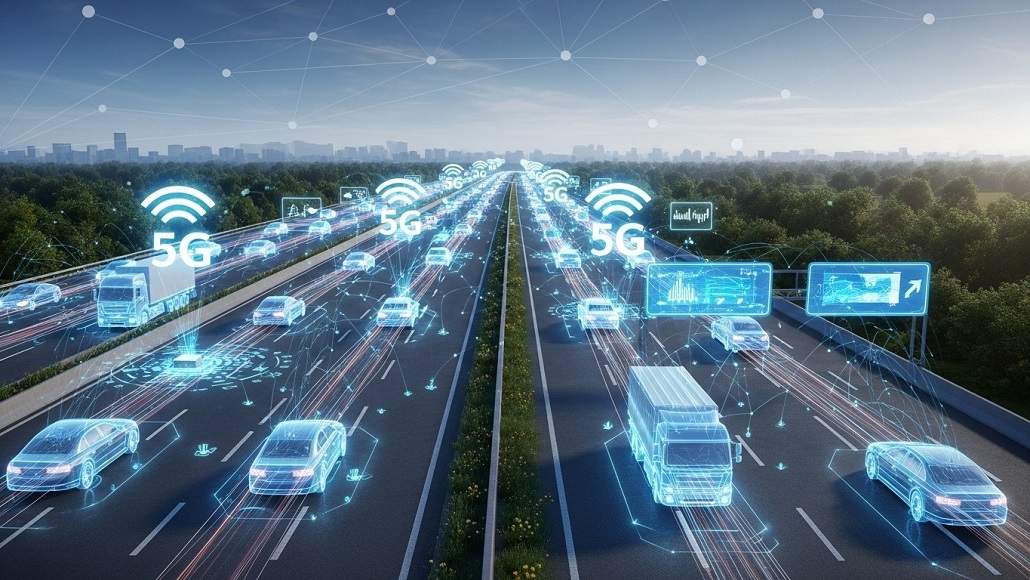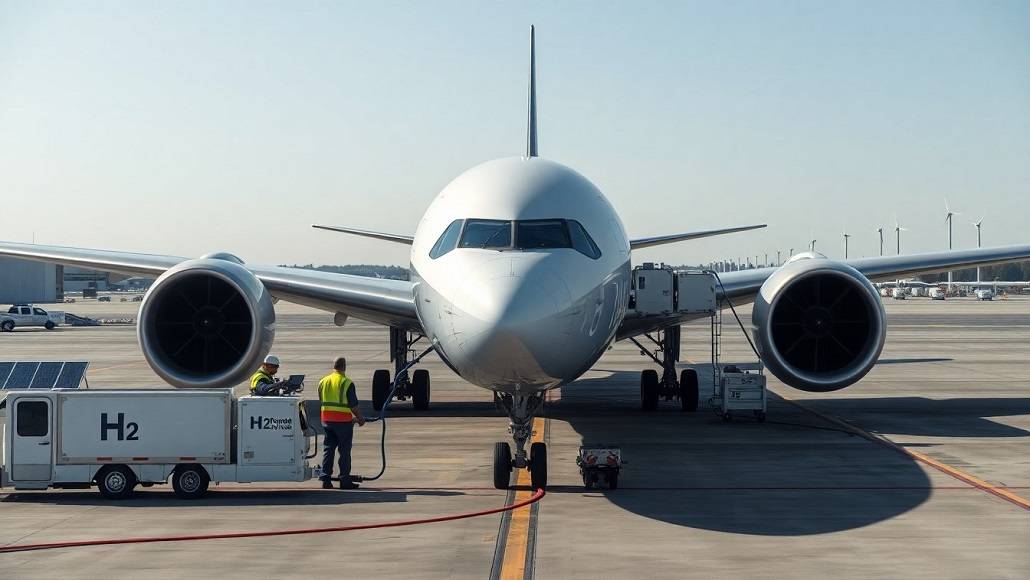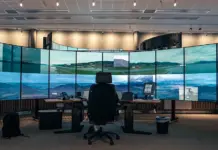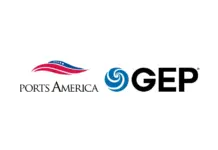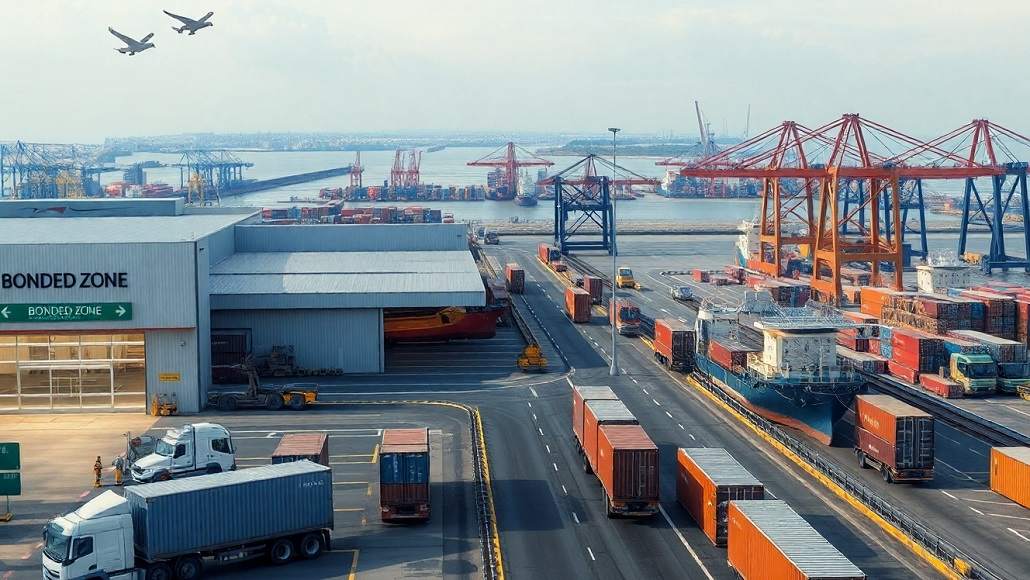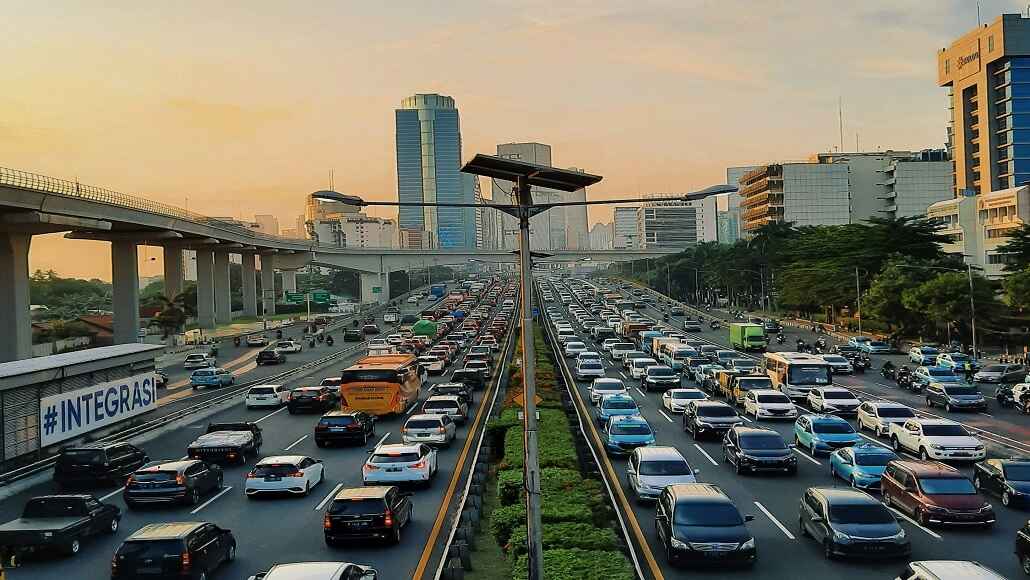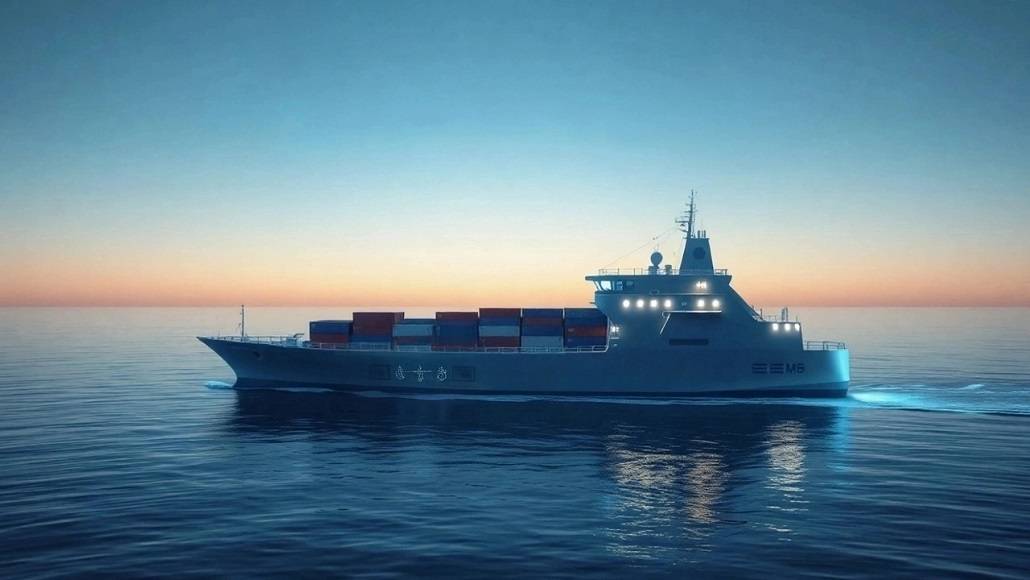The shipping business, the lifeblood of global trade, is on the cusp of a revolution. The arrival of autonomous ships is generating excitement and a healthy dose of skepticism within the shipping industry as engineers, regulators, and shipping operators balance the possibility of ships sailing the seas with no human touch on board. But how close are we to seeing crewless cargo ships sailing the oceans on a routine basis?
Charting the Transition: Idea to Reality
The concept of autonomous ships has moved from fiction to becoming a reality in prototype and pilot scheme format.
Market leaders Rolls-Royce Marine, Kongsberg, and Mitsubishi have all made significant progress in making the mechanical and digital framework of autonomous cargo vessels a reality. It’s obvious what the mission is: leveraging sophisticated sensor arrays, artificial intelligence, and satellite communications technology to enable ships to navigate complex routes autonomously or with human augmentation. There’s a robust synergy of economic, safety, and environmental factors propelling autonomous ships.
Shipping fees are as high as 30% of the cost of business. Autonomous freight vessels save these costs by a gigantic amount and address the decades-long issue of there not being enough experienced sailors. This issue has been made worse by the worldwide pandemic and shifts in the workforce. Additionally, removing individuals from dangerous situations could reduce the number of deadly marine accidents by a gigantic percentage.
Milestones and Momentum
Over the past decade, autonomous ship construction has advanced from concepts to real-world trials. In 2018, Yara International, with Norwegian government support, ordered the Yara Birkeland, a fully electric container ship designed for autonomous operation. Its initial trips, starting in 2021, were closely monitored and manned, with the goal of achieving unmanned voyages between Norwegian ports, carrying fertiliser without passengers.
Even in Japan, the Nippon Foundation’s MEGURI2040 project has already funded a series of successful autonomous ship demonstrations, which demonstrated how autonomous ships can pilot autonomously into harbours and avoid collision with minimal human input. These highly publicised trials give the impression that the shipping industry is on the verge of a revolution, with numerous pilot projects and tests conducted worldwide, supported by initiatives like the International Maritime Organisation’s MASS Code development and Lloyd’s Register’s certification frameworks.
These vary from the small tugs plying coastal waters to huge oceangoing cargo vessels.
Overcoming the Challenges: Rules, Trust, and Technology
While there has been historic progress, serious headwinds need to be overcome in order to build autonomous ships. One of the biggest is rules and regulation. It is uncertain at this point what their status is in international conventions such as SOLAS (Safety of Life at Sea). The IMO and state maritime administrations are struggling to regulate and certify them. Regulatory committees and working groups are still ironing out duties, cybersecurity, collision avoidance, and the necessity for global standards.
There also remain ongoing technology issues. Autonomous freighters depend on a delicate balancing act of radar, lidar, cameras, GPS, and artificial-intelligence-based decision software. They work quite well within the artificial environment of a laboratory test, but the open ocean is full of nasty weather, failed machinery, and the threat of cyberattack. All of the ship’s architecture must be built with redundancy and fault tolerance. The industry is fully aware that failure on this scale would put adoption years behind.
The Promise for the Economy and the Environment
Autonomous shipping is thought by humans to revolutionise the logistics sector of the world. Economic models estimate that uncrewed cargo ships could reduce operating costs by up to 20%, potentially enhancing just-in-time supply chains through improved reliability and efficiency, though initial adoption may pose temporary integration challenges.
The vessel has additional cargo capacity since it does not require room for living accommodations and air. It can also assist with slowing down the performance of tasks in the harbour. The advantages to the environment are equally compelling. Autonomous ships tend to be smaller and lighter and use less energy in the majority of instances. They tend to be paired with hybrid or electrical power.
With new, tighter international regulations for shipping’s greenhouse gas emissions looming, autonomous cargo ships may be the solution to enabling the industry to meet the IMO’s ambitious decarbonisation targets for 2030 and beyond.
How Near Are We?
So when can we expect autonomous ships and autonomous cargo ships to sail all over the globe? Everyone has the perception that there is a tipping point around the corner, but there are still numerous issues that need to be ironed out before autonomous sailing becomes the norm on the open seas. Short-sea and coastal routes will be more likely to be first to adopt full autonomy since it is easier to tackle technical, regulatory, and operational challenges.
Fully automatic oceanic journeys are still decades away; however, technology is constantly improving, and global regulations are becoming more standardised. Cargo vessels will eventually be completely crewless, but not quite yet. There will be a time of transition when vessels carry a crew out on the open water but are remotely monitored or controlled within the port.
Conclusion
The introduction of autonomous ships is a leap forward in ocean technology. They could make things safer, more efficient, and more sustainable. But the trip will be as important as the destination, as it is with every technical revolution.
Engineers, regulators, and sailors will have to cooperate closely and be prepared to modify established practices in place for decades so they can use autonomous ships on international trade routes safely and responsibly. Ultimately, the point of creating autonomous ships isn’t to produce cargo ships without crew. It’s to transform the way we travel in a way that better suits an era of tomorrow.



